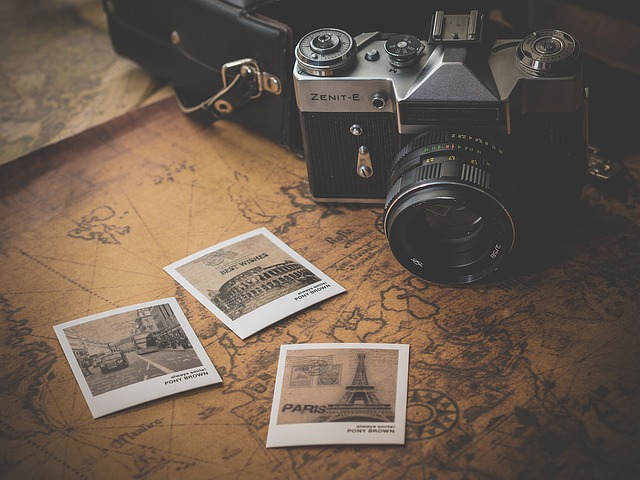Everyone should plan to travel. It is one of the most important things we can do to grow as individuals. Travelling means putting ourselves in different surroundings and situations, learning new things, and sharpening our minds by being exposed to new cultures and languages. We can choose to travel to different parts of the same country, or travel to another country altogether. It is recommended to travel abroad at least once in our lives so that we learn new things and grow as individuals as well. It is easier to travel within the country because you are generally exposed to the same language and culture. Traveling abroad, on the other hand, is a lot more difficult. That being said, it is also a wonderful learning experience that everyone should experience at least once in their life.

To be prepared for your travels, it is essential to know what sort of situations might come forward, and how you can navigate that situation when you are abroad. Here is a list of the worst-case scenarios that you can come across when travelling abroad, and what you can do if you ever find yourself in them:
1. Falling sick
This is a situation that a lot of travellers might find themselves in, especially if the place that you are travelling to is not as developed and you are unable to ensure sanitation and hygiene around you. You might get a cold or the flu, or you might end up contracting something a lot more dangerous. In case such a situation arises, do your research before you take any action. Search for the best hospitals and doctors in the area, speak to the locals or a tour guide, and do not self-medicate!
One key mistake a lot of travellers might make is medicating themselves based on their symptoms without consulting any professional healthcare provider. Not only is this unsafe, but it may also even prove to be dangerous if the symptoms are misdiagnosed and the medications do not work. If you fall sick, find a good hospital or doctor and get professional treatment.
2. Injury
A lot of tourists like to indulge in adventurous pursuits such as cliff diving, paragliding, mountain climbing and hiking on dangerous paths etc. These might sound and look fun, but may end up being quite dangerous. The risk of injury is quite high in such cases, which is why it is advised to get travel insurance beforehand. In case of injury, your healthcare can be covered. Another thing to keep in mind is to keep a small, but very well stocked, First Aid packet or box with you. This ensures that even in case of injury, you or someone around you will be able to give you first aid medical attention.
3. Getting your period on your trip
The last thing anyone wants while they are travelling is to get their period. Your vacation should be relaxing and tension-free, but getting your period means being bloated, uncomfortable, and extremely conscious about your clothes or what activities you can indulge in. To avoid any such issues, track your period and make sure you know when it is due. If the dates of your period coincide with the dates of your trip, then you can choose to delay your period for a few days so that it does not interrupt your vacation plans. Norethisterone is a period delay treatment that is readily available online from retailers such as Click Pharmacy and can be used for this particular purpose. This medication should be used only after consulting with your OBGYN or your general physician and must be taken at least three days before the start of your period.
4. Having your money stolen
Unfortunately, this is quite common when travelling abroad. Thieves can spot tourists from among crowds, and can easily manage to steal money without the traveller even knowing what has happened. To avoid this, never carry large amounts of cash with you. If possible, try to use cards or ATMs wherever possible. Also, try to put your wallet deep inside a backpack or a purse. The extra hassle to take it out when you need to pay for something is worth it in the long run if you avoid being robbed.
5. Getting scammed
If you are a traveller that has booked a hotel, Airbnb, or vacation rental through an online source, then you might get scammed. Even though most websites and online vendors have strict regulations in place, it is possible to still end up paying the money and finding that the place you are staying at is by no means what was described. This can also be true for guided tours or vacations that are planned by organizations and groups. If you find yourself in such a situation, the best thing to do is to search up any receipts and conversations you have had with the concerned party, and take the matter straight to the police or the organization/group heads themselves. Even if the matter does not get resolved at that point in time, filing a case can help your chances of getting your money back.
Taking a few preemptive measures such as getting travel and health insurance, booking through selected and trusted vendors, being careful with your belongings, and keeping your money safe and hidden can help avoid most of these issues. However, travelling to a different country comes with its risks which is why it is best to know what sort of possible worst-case scenarios might occur, and how you can navigate those scenarios in the best way possible.



